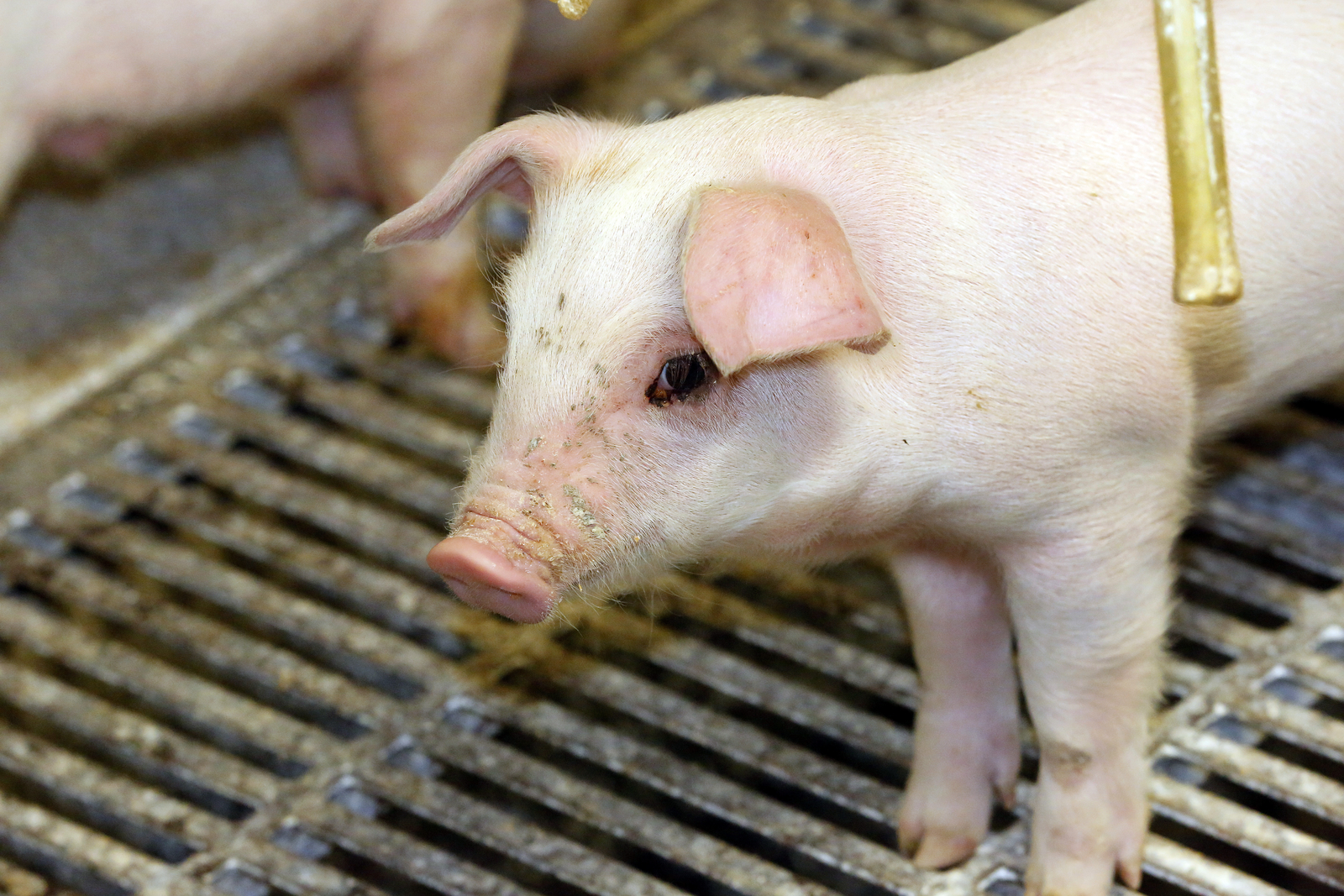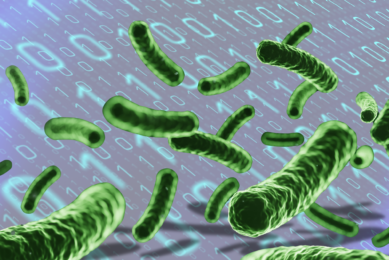Spike in body weight in E. faecium fed piglets

Oral administration of the probiotic Enterococcus faecium showed a spike in body weight and also decreased diarrhoea rate.
The intestinal microbiota is a complex and dynamic microbial community that colonises the mammalian gastrointestinal tract (GIT). Probiotic products can have a positive effect on the microbial immunity, hence boosting animal health and production. Probiotic microorganisms that are often uses in animal diets are lactic acid bacteria (LAB), Bacillus spp. and yeasts.
In the article, published in the latest edition of Beneficial Microbes, the authors explain a study in which 24 new-born piglets were supplemented with Enterococcus faecium. The researchers wanted to know if this probiotic supplementation can positively influence growth performances and intestinal microbiota.
The 24 new-born piglets were initially divided into 2 groups. The probiotics group received 2 ml of 10% sterilised skimmed milk by oral gavage supplemented with 6×108 cfu/ml viable E. faecium EF1 at the first, the third and the fifth day after birth, while the control group received 2 ml of 10% sterilised skimmed milk without probiotics at the same time.
Results showed that oral administration of E. faecium EF1 was associated with a remarkable increase on the body weight of piglets for both suckling and weaning periods, by 30.73% and 320.84% and also decreased the diarrhoea rate, by 43.21% and 71.42% respectively. At the same time, oral administration of E. faecium to new-born piglets had no effect on the diversity of intestinal microbiota of suckling piglets. However, for the weaning piglets, the bacterial richness in the probiotics group was significantly greater than in control group.
The authors conclude that oral administration of E. faecium EF1 to new-born piglets could improve the growth performance and decrease diarrhoea incidence by improving intestinal microbiota for both suckling and weaned piglets.











